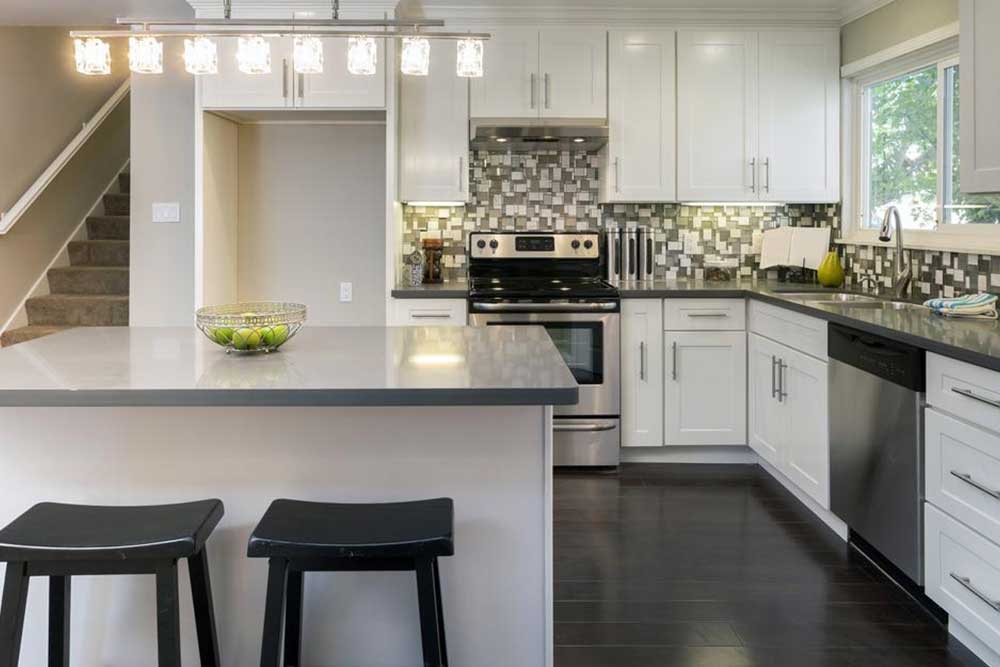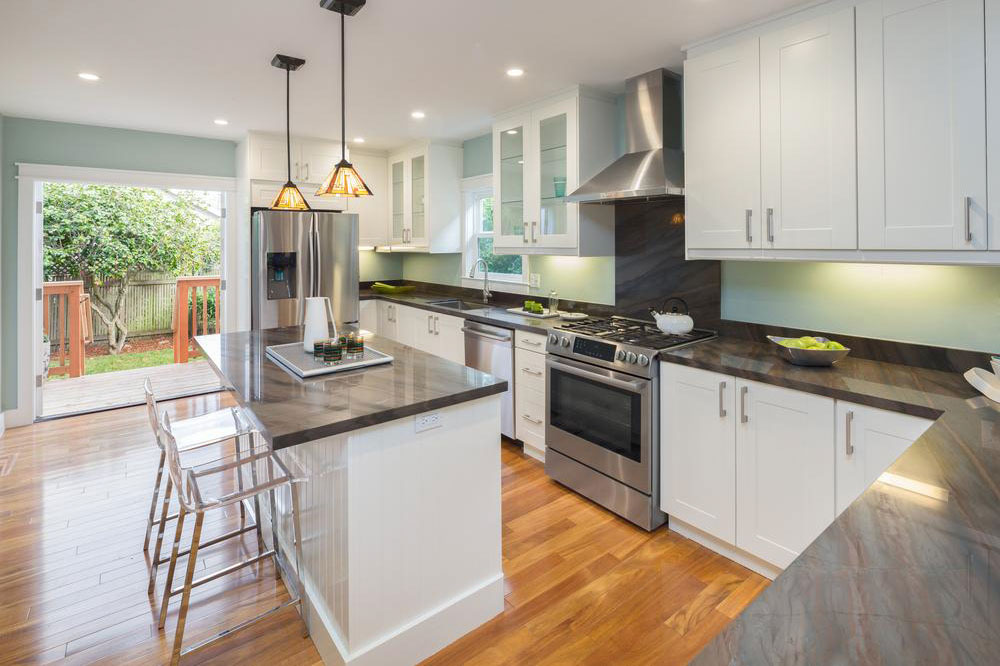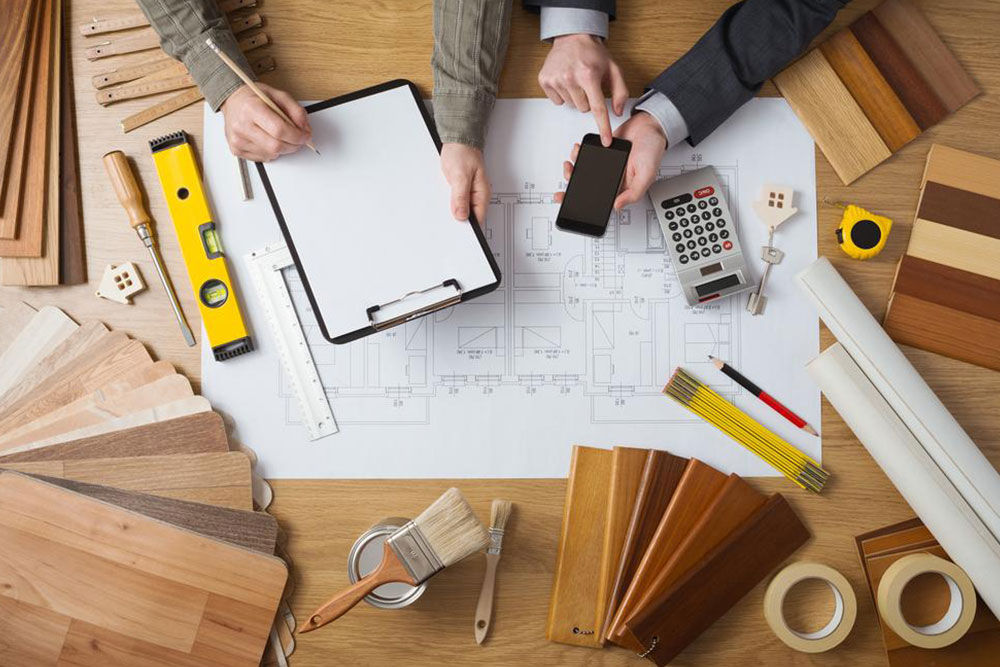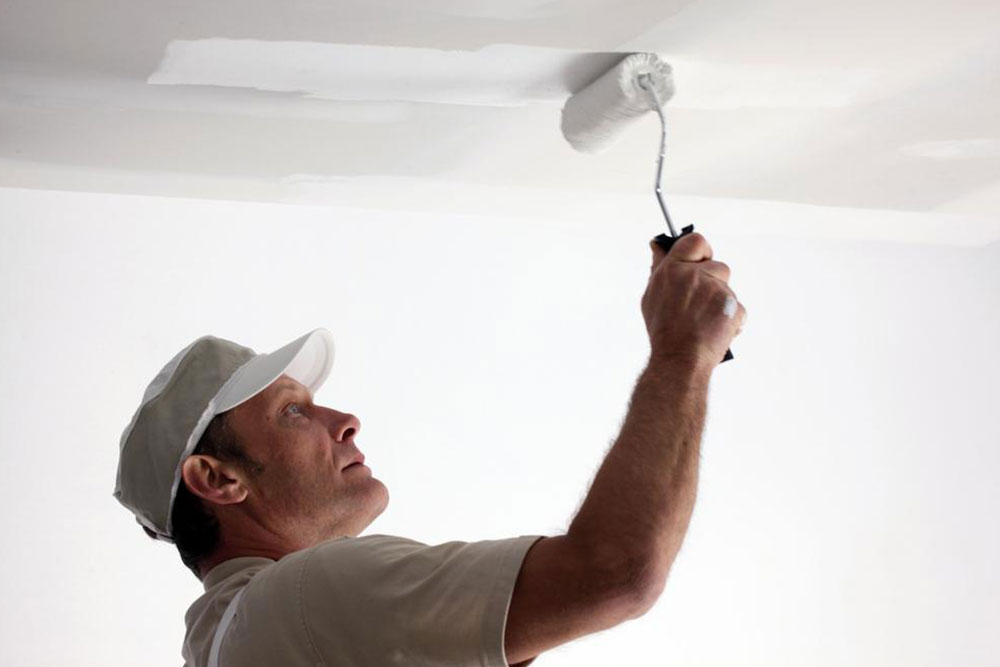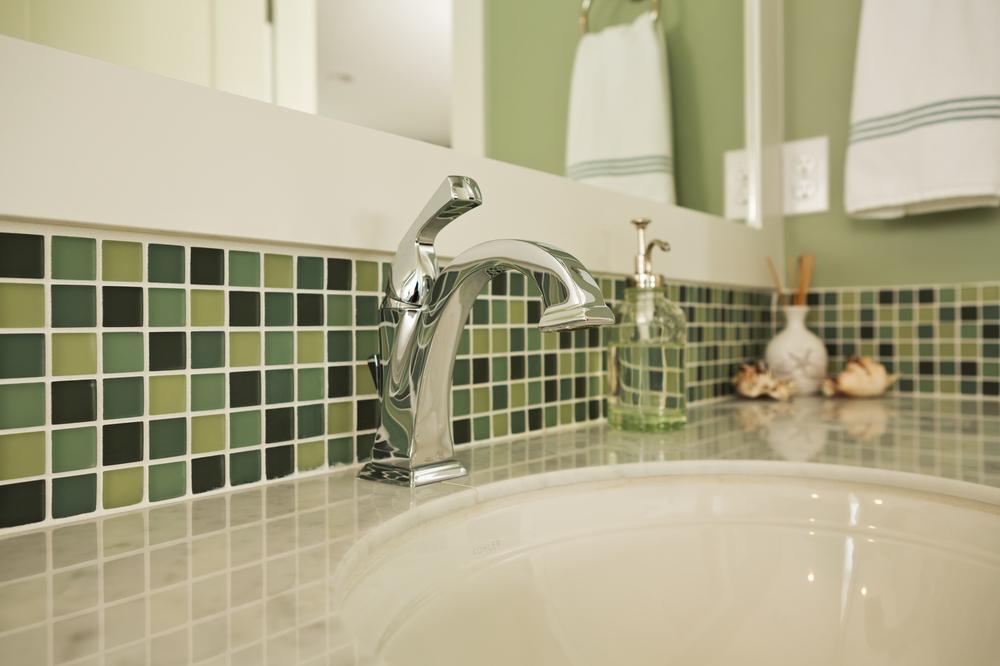Comprehensive Home Renovation Strategies: Key Mistakes to Watch Out For and How to Avoid Them
This comprehensive guide offers detailed insights into home renovation, highlighting common mistakes such as budgeting errors, contractor vetting, material quality, and design choices. Learn expert tips to ensure a smooth renovation process, avoid costly pitfalls, and achieve your desired home transformation. From planning to post-renovation maintenance, this article covers key strategies for successful home improvements that add value and durability.
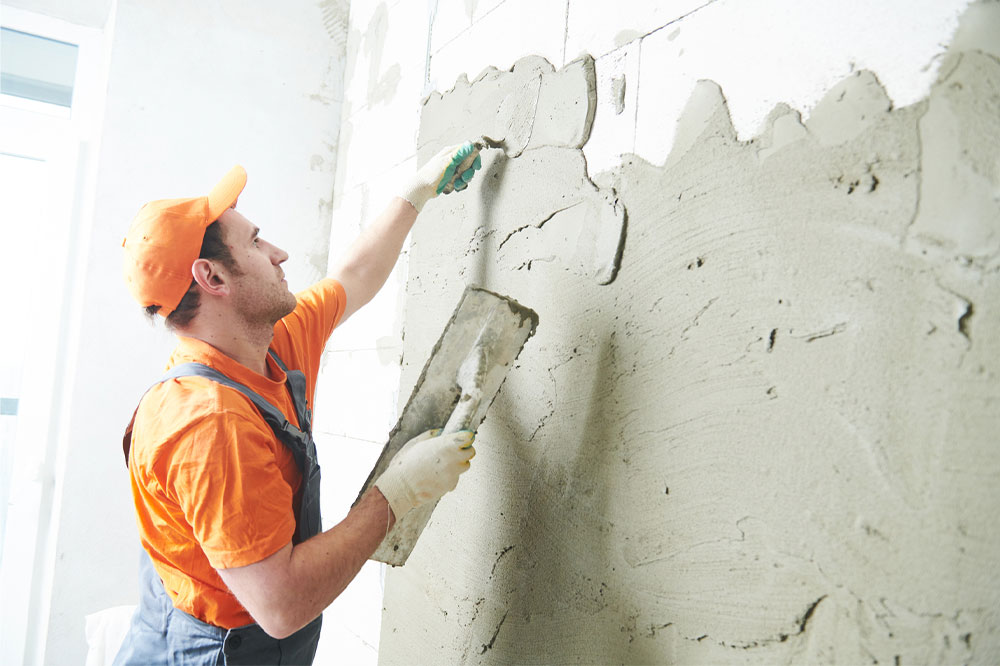
Comprehensive Home Renovation Strategies: Key Mistakes to Watch Out For and How to Avoid Them
Renovating your home is a significant investment that can dramatically improve your living space, both in terms of functionality and aesthetic appeal. Whether you aim to create a more efficient layout, modernize your interiors, or increase property value, the renovation process involves meticulous planning and execution. However, many homeowners encounter preventable pitfalls that can lead to wasted resources, delays, and disappointment. In this comprehensive guide, we explore common mistakes made during home renovations and provide expert tips on how to steer clear of them, ensuring a smooth journey from initial planning to the final reveal.
Setting an Unrealistic Budget and Failing to Stick to It
One of the most prevalent errors in home renovation is neglecting to establish a realistic and well-defined budget. Many homeowners underestimate costs or fail to plan for unexpected expenses, resulting in financial strain and project delays. It’s crucial to create a detailed budget that encompasses all aspects of the renovation, from materials and labor to permits and contingencies. Experts recommend adding an extra 20% margin to your estimated costs to accommodate unforeseen issues such as hidden damages, supply chain disruptions, or changes in design preferences. This buffer helps prevent mid-project financial crises and allows flexibility to address inevitable surprises without compromising the project's quality or timeline.
Choosing the Wrong Contractor Without Proper Vetting
Selecting a contractor based solely on familiarity or the first recommendation is a costly mistake. Your home's renovation quality heavily depends on the experience and professionalism of your contractor. To ensure success, it's advisable to interview multiple contractors, review their portfolios, and check references thoroughly. Verify their licensing, insurance coverage, and experience in similar projects. Reading reviews and seeking referrals from trusted sources can help you gauge their reliability and work ethic. A comprehensive vetting process minimizes the risk of delays, subpar workmanship, or unexpected costs, ultimately safeguarding your investment and peace of mind.
Using Low-Quality Materials for Cost Savings
Although opting for cheaper materials may seem financially attractive initially, it can lead to higher costs in the long run. Inferior materials tend to wear out quickly, necessitating future repairs or replacements, which can be more expensive than the initial savings. Investing in high-quality, durable materials ensures longevity, reduces maintenance, and enhances the overall aesthetic appeal of your home. Consider consulting with experts to select appropriate products that balance cost and quality, and remember that the durability of your home’s key elements such as flooring, countertops, and fixtures directly impacts its value and your long-term satisfaction.
Aiming for Short-Lived Trends Over Timeless Design
While it’s tempting to incorporate the latest design trends into your renovation, overly trendy choices can quickly become outdated, diminishing your home's long-term appeal. Instead, aim for a balanced approach that combines current styles with timeless elements like classic neutral tones, durable fixtures, and versatile layouts. This strategy ensures your home remains stylish and relevant for years to come, making your investment more worthwhile. Incorporating a few trendy accents or features that can be easily updated later allows you to enjoy modern aesthetics without sacrificing practicality or longevity.
Neglecting Permits and Regulatory Compliance
Many homeowners overlook or underestimate the importance of obtaining proper permits before starting construction work. Failing to secure the necessary permissions can lead to legal issues, fines, or even the need to undo completed work. Before beginning renovations, familiarize yourself with local building codes and zoning laws. Hiring a knowledgeable contractor or consulting local authorities ensures compliance, avoiding costly delays and penalties. Proper permit acquisition also guarantees that the work meets safety standards and is insurable, protecting your investment and peace of mind throughout the renovation process.
Ignoring the Importance of Proper Planning and Design
Jumping into renovation work without a comprehensive plan can lead to chaotic execution, mismatched design elements, and increased costs. Spend adequate time designing your renovation, including detailed layouts, material selections, and a clear timeline. Employing professional designers or architects can help maximize space, improve functionality, and create a cohesive aesthetic. A well-thought-out plan serves as a roadmap, guiding contractors and suppliers, preventing scope creep, and ensuring all project elements align with your vision and budget.
Overlooking Post-Renovation Maintenance
Most homeowners focus on the renovation itself, but neglecting future maintenance can compromise long-term satisfaction. Selecting durable materials and installing quality fixtures reduce upkeep needs, but regular inspections, cleaning, and minor repairs are equally important. Establishing a maintenance schedule ensures your investment remains in excellent condition and preserves your home's value. Additionally, keeping warranty documentation handy allows for swift resolution of any issues that arise after project completion. Proper post-renovation care extends the lifespan of your upgrades and maintains your home’s beauty and functionality over time.
